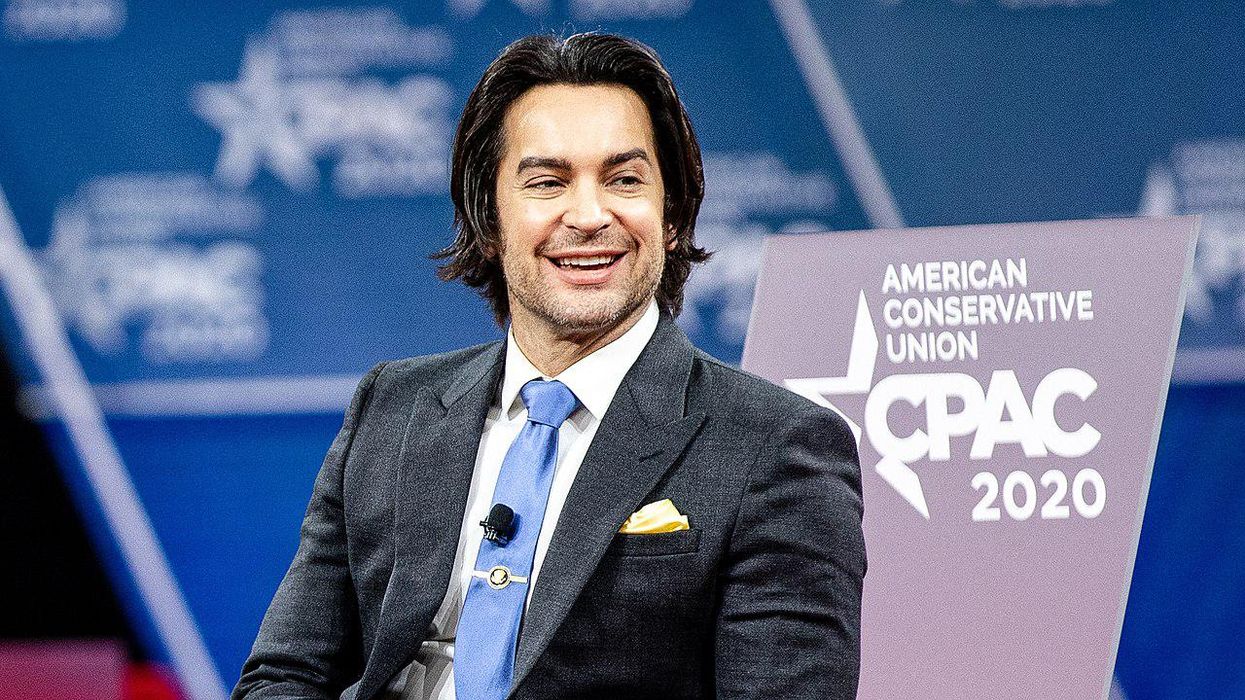Brandon Straka, one of the many Donald Trump supporters who stormed the U.S. Capitol Building on January 6, was due to be sentenced next week after pleading guilty to a single misdemeanor charge. But federal prosecutors, according to Politicos’ Kyle Cheney, have requested a 30-day sentencing delay so that new evidence “can be properly evaluated.”
Cheney reports that federal prosecutors say Straka has given them information that “may impact the government's sentencing recommendation.” This development, according to Cheney, is an “indication” that Straka has “cooperated with prosecutors in a substantive way.”
Following the 2020 presidential election, Straka promoted Trump’s false claims of widespread voter fraud — and he spoke at a “Stop the Steal” rally on January 5, the day before the Capitol Building insurrection. Then, on January 7, Straka posted a video describing the events of January 6.
In that video, Straka said, “The plan was always to go to the Capitol. We were going to march from that event…. to the Capitol, and there was going to be another rally. I was one of the speakers slated to speak at the Capitol.”
READ: 'Jaw dropping': Interview goes off the rails when Trump rattles off a series of antisemitic claims
In a different video, according to Cheney, Straka can be seen approaching the Capitol Building and saying, “We’re going in.”
“Straka was among a long list of pro-Trump figures that the January 6 select committee in the House (of Representatives) has inquired about,” Cheney notes. “He appears on a list the panel sent to the National Archives seeking records from the Trump White House.”


